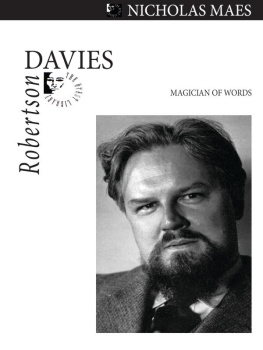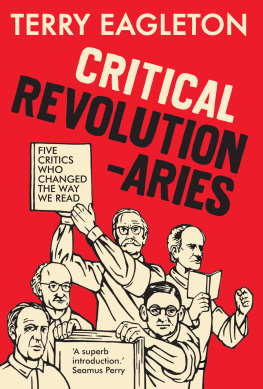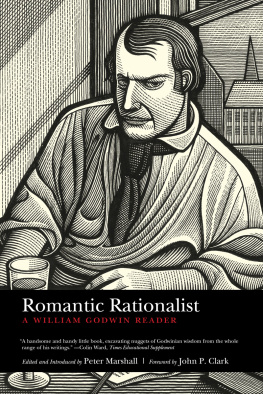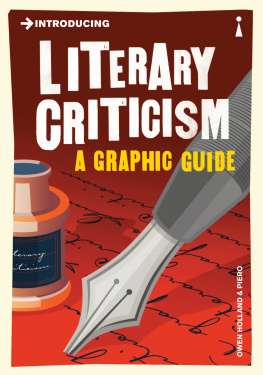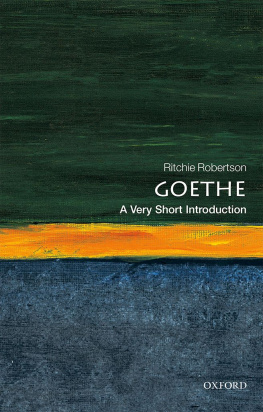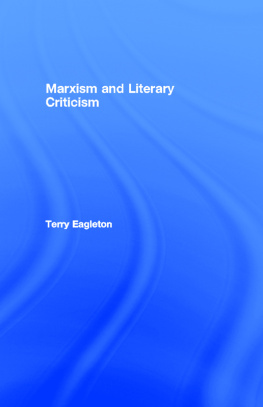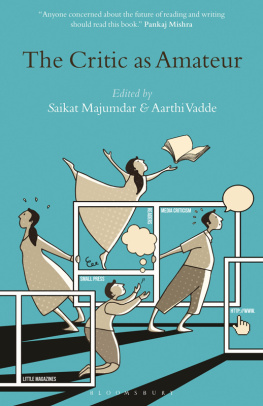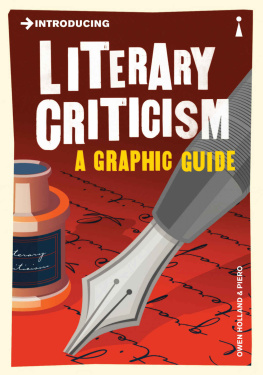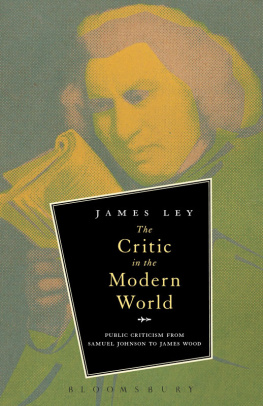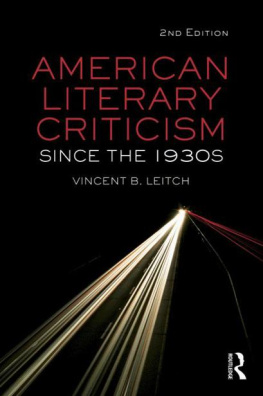J.M. Robertson: Rationalist and Literary Critic
J.M. Robertson
Rationalist and Literary Critic
Odin Dekkers
First published 1998 by Ashgate Publishing
Reissued 2018 by Routledge
2 Park Square, Milton Park, Abingdon, Oxon, OX14 4RN
711 Third Avenue, New York, NY 10017, USA
Routledge is an imprint of the Taylor & Francis Group, an informa business
Copyright Odin Dekkers, 1998
The author has asserted his right under the Copyright, Designs and Patents Act, 1988, to be identified as the Author o f this work.
All rights reserved. No part of this book may be reprinted or reproduced or utilised in any form or by any electronic, mechanical, or other means, now known or hereafter invented, including photocopying and recording, or in any information storage or retrieval system, without permission in writing from the publishers.
Notice:
Product or corporate names may be trademarks or registered trademarks, and are used only for identification and explanation without intent to infringe.
Publisher's Note
The publisher has gone to great lengths to ensure the quality of this reprint but points out that some imperfections in the original copies may be apparent.
Disclaimer
The publisher has made every effort to trace copyright holders and welcomes correspondence from those they have been unable to contact.
A Library of Congress record exists under LC control number: 98008820
ISBN 13: 978-1-138-32343-8 (hbk)
ISBN 13: 978-1-138-32346-9 (pbk)
ISBN 13: 978-0-429-45140-9 (ebk)
Contents
The Nineteenth Century General Editors' Preface
The aim of this series is to reflect, develop and extend the great burgeoning of interest in the nineteenth century that has been an inevitable feature of recent decades, as that former epoch has come more sharply into focus as a locus for our understanding not only of the past but of the contours of our modernity. Though it is dedicated principally to the publication of original monographs and symposia in literature, history, cultural analysis, and associated fields, there will be a salient role for reprints of significant texts from, or about, the period. Our overarching policy is to address the spectrum of nineteenth-century studies without exception, achieving the widest scope in chronology, approach and range of concern. This, we believe, distinguishes our project from comparable ones, and means, for example, that in the relevant areas of scholarship we both recognize and cut innovatively across such parameters as those suggested by the designations 'Romance' and 'Victorian'. We welcome new ideas, while valuing tradition. It is hoped that the world which predates yet so forcibly predicts and engages our own will emerge in parts, as a whole, and in the lively currents of debate and change that are so manifest an aspect of its intellectual, artistic and social landscape.
Vincent Newey
Joanne Shattock
University of Leicester
This book could not have been written without the generous help I have received from many quarters. I am particularly grateful to Prof. Dr. F.J.M. Korsten and Dr. J.M. Blom, whose support and scholarly advice have never failed me in the course of this project.
I wish to thank the authorities of the following libraries for allowing me permission to quote from manuscript sources in their possession: Bishopsgate Library, London; Bodleian Library, University of Oxford; British Library, London; Durham University Library; Harry Ransom Humanities Research Center, University of Texas at Austin; Houghton Library, Harvard University; Lilly Library, Indiana University; National Library of Scotland, Edinburgh; Princeton University Library.
The staffs and authorities of the following libraries and institutions have also been most helpful in answering my queries and allowing me access to manuscripts and printed books: Cambridge University Library; Duke University, Rare Book, Manuscript, and Special Collections Library; House of Lords Record Office; International Institute for Social History, Amsterdam; Reading University Library; Royal Library, The Hague; University of Iowa, Special Collections Department; University of Michigan, Special Collections Library; University of North Carolina at Chapel Hill, Wilson Library. Special thanks are due to the staff of the South Place Ethical Society library at Conway Hall, London, for letting me browse their unequalled collection of freethought literature to my heart's content.
I am much indebted to Jim Herrick of the Rationalist Press Association for sharing his knowledge of Robertson's life and the secularist movement with me, and also for introducing me to Terry Mullins, former Secretary of the National Secular Society. My time spent in London doing library research would not have been half as fruitful or enjoyable without him. I am also grateful to Mrs Monica German for her hospitality in Great Missenden.
I thank Dr. Marysa Demoor of Ghent University for all her advice and for having followed the course of my research with such kind interest. My former students Pascal van den Heuvel, Fieneke Hoens, Mira van Houten, Marieke Niezen, and Annette Verhoeven have earned my gratitude by spending many hours among dusty bookshelves collecting material for me. Also, I could not have done without the continuous support of my friends and former colleagues at the English Department of Nijmegen University, in particular Henk Dijkgraaf and Robin Leavis. Special thanks are due to Thea Steeghs for her meticulous reading of the manuscript.
Finally, my greatest debt is to my wife, Martine Swennen, for believing in me and in my work.
Of the very few studies devoted to the life and work of John Mackinnon Robertson (1856-1933), the most thorough is undoubtedly Conrad J. Kaczkowski's unpublished Ph.D. thesis John Mackinnon Robertson: Freethinker and Radical (St. Louis University, 1964). In over 600 pages, it attempts to discuss nearly every aspect of Robertson's dauntingly copious oeuvre, which embraces, with a comprehensiveness no longer a feature of our own highly specialised age, philosophy, economics, sociology, religion, and politics alike. However, what the thesis conspicuously does not do is pay any attention to Robertson's work on the topic that was in the end perhaps closest to his heart: literature. Kaczkowski's thesis even ends on the ominous note that 'it may be observed that if Robertson followed the same "critical" norms in his literary efforts as he did in his Biblical criticism, there would be little value in attempting an investigation of this area.'
Leaving aside for the moment the question of the validity of Robertson's biblical criticism, I had better not hesitate to state outright that the present study represents precisely that which Kaczkowski advises against: an investigation into Robertson's work as a literary critic. It is, in fact, my conviction that of all of Robertson's writings, those on literature and literary criticism are by far the most interesting. What I will attempt to demonstrate in the course of the following pages is that within the context of his time, Robertson was a noteworthy literary critic and theoretician of literary criticism, whose writings do not deserve the general neglect into which they have very clearly fallen. In his own spirit, the investigation will be a critical one, and one conclusion may well be that Robertson does not always attain the ambitious goals he sets himself. However, this does not mean that the goals themselves and the attempts to reach them should be any less interesting from a literary-historical point of view. The claim for Robertson is not that he succeeds in solving the problems literary critics and theoreticians before and after him have struggled with, but rather that his own struggle shows him to possess a powerful and independent mind, contact with which may significantly increase our understanding of the late nineteenth, early twentieth-century literary landscape.


